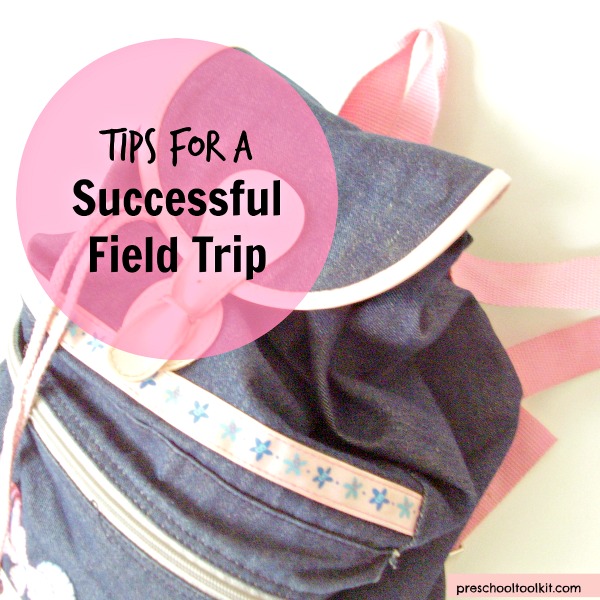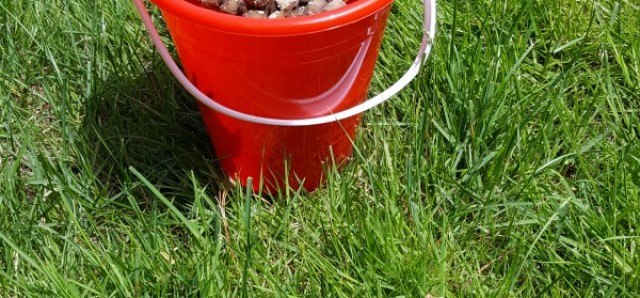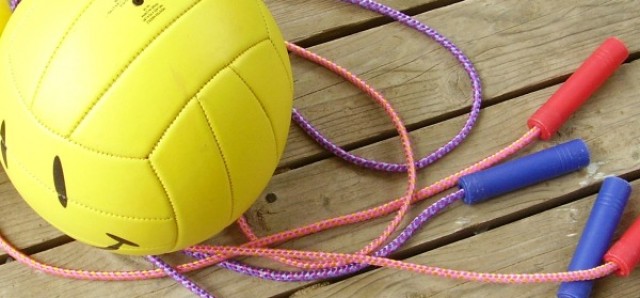7 Tips for Planning a Successful Field Trip
Spring break is a chance to travel and explore with your family. Whether near or far, plan the best outing you can by preparing those special field trips beforehand.
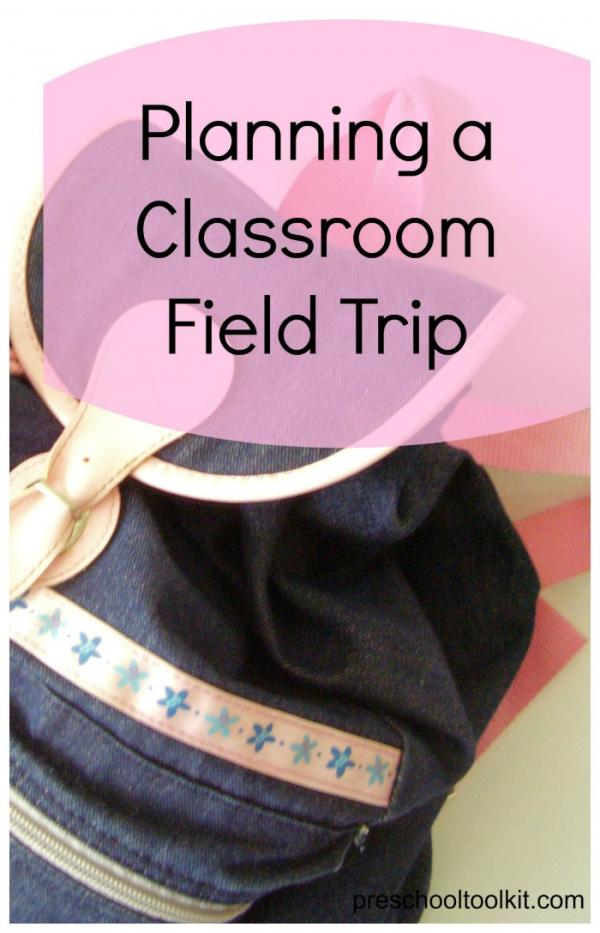
This post contains affiliate links. See our full disclosure.
Did we remember to pack sunscreen?
Has anyone seen the wipes?
Do you think the rain will hold off?
Planning an outing with kids can be challenging.
You have to allow for hungry and tired toddlers, delays in traffic or lineups, and changes in the weather.
And there's a lot of stuff that has to get packed to meet the needs of preschoolers away from the home or classroom.
Here are some essentials you might take along on a class outing.
- snacks and drinks
- hats and appropriate footwear
- wipes and contact information
Venturing outside the home or classroom environment allows kids and adults to stretch their legs, enjoy a change in routine, and explore the community hands-on.
Whether going on a nature walk, playing at a nearby playground, or visiting a local industry, being prepared is key to a successful field trip.
Every outing requires proper preparation to guarantee safety and comfort for all participants.
Here are seven tips to help with the planning of your outing to make it safe and enjoyable.
Planning your field trip
Kids learn best with a variety of experiences that include reading books (traditional, audio or other), watching videos, and exploring with hands-on interactions.
Field trips provide opportunities to extend classroom learning with real-life experiences.
A field trip can include everything from spotting birds on a neighborhood walk, to mooing with the cows at a local dairy farm.
Every field trip needs organization beforehand to be successful. Thoughtful preparation is the first step towards enjoying a stress-free outing with kids.
There are steps both teachers and students can take to participate in the planning.
7 tips for a successful field trip
Here are steps the teacher can take.
- Use backpacks to carry essentials.
Keep hands-free to attend to the needs of the children, including holding hands as you walk around the neighborhood! - Make a check list to identify essentials.
Your list may include a first aid kit, list of children’s names and emergency contact numbers, cell phone and hand wipes.
Here is a basic "checklist" printable to help with planning your field trip.
Field trip checklist for teachers and parents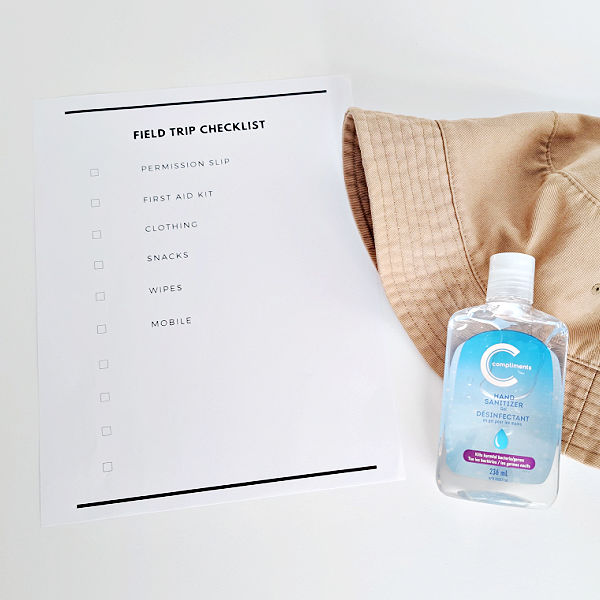
- Confirm seating arrangements when using public transport.
Direct attention to the proper use of seat restraints and car seats, number of children in attendance, and minimum supervision required.
Consult public transportation guidelines and licensing regulations as well as your insurance policy for current restrictions. - Do not overlook footwear.
Children should have appropriate outdoor clothing, including footwear. Specify rubber boots for the farm, water shoes for the pool, sneakers for the nature trail.
Do a clothing check before departure. - Collect permission slips.
Set a deadline for retrieving signatures. - Notify parents and guardians of your itinerary in advance.
Pick-up times or other daily scheduling may be altered in order to accommodate the field trip.
Also, provide parents and guardians with a contact number of a staff person on the field trip. - Determine if snacks and water will be required.
This may depend on the nature of the field trip, accessibility of food and drinks while away from the center, or length of time of the outing.
Your center’s policy for field trips may be included in the enrollment application package. Details may include the following.
- Some centers choose to provide snacks while others require parents or guardians to send a lunch or snack with the child.
- Supervision requirements and contact numbers are made available.
- Permission slips will be signed and returned to the center.
Learning through play
Teachers and parents can provide opportunities for kids to build teamwork and social skills as they plan and prepare together for a special outing.
As the excitement starts to build in the days leading up to the eventful day, involve kids in the planning and preparation. You'll acknowledge this anticipation, and extend the learning opportunities.
Here are steps teachers and students can take together.
- Kids can participate in the planning by suggesting places to visit and necessary items to take along, as well as how to safely travel to the destination - by foot or by vehicle.
- Make lists or charts and involve kids with checking off requirements and preparations as they are completed during the planning period.
- Discuss together what you expect to see or do on the outing. Make a collage with words and pictures.
- After the field trip, follow up by reviewing together what was anticipated compared with what actually occurred.
Here is a simple document to plan and schedule a field trip.
A field trip is a great addition to your early learning curriculum. And planning a healthy outing is beneficial to everyone. Be sure to add a generous amount of anticipation to the agenda as you plan.
Do you need sunscreen and hats? Should you take rain coats, just in case?
Happy trails!
Visit our Outdoor Play Pinterest board for more ways to play outside the home or classroom!
More options for field trips:
- frugal family field trips from Ben and Me
- top 10 easy summer field trips from Creative Family Fun.
-
Virtual field trips from Kid World Citizen
